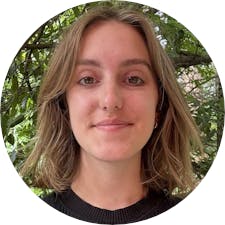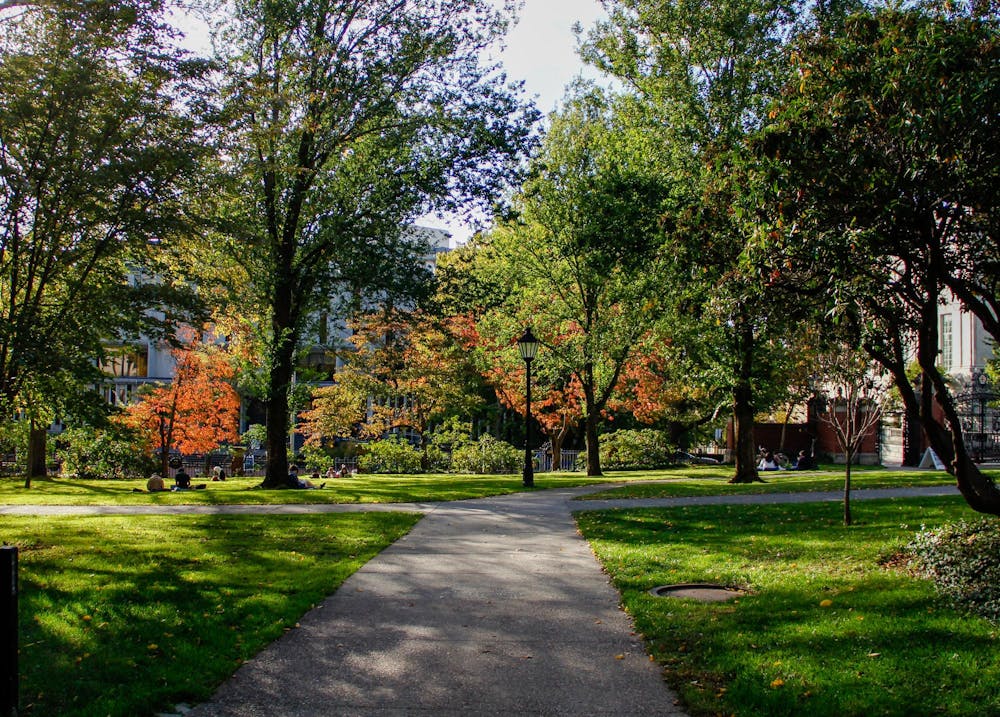The Mellon Foundation granted Assistant Professor of Classics Sasha-Mae Eccleston ’06 and Princeton Associate Professor Dan-el Padilla Peralta $1 million to establish a fellowship program to diversify and reimagine the Classics through a racial lens.
The program, titled “Racing the Classics,” is expected to begin in 2025, with applications to open in spring 2025.
According to Eccleston, cohorts of ten fellows — graduate students and early career researchers — who will attend a two-week in-person summer workshop and an “academic year practicum focused on relationship building, mentorship and discussion,” she wrote in an email to The Herald.
Peralta added that fellows will meet virtually throughout the year, while the in-person workshops will alternate between Princeton and Brown’s campuses. Brown will host the second workshop in 2026.
“It’s huge for us, and really for the field,” said Joseph Pucci, chair and a professor of classics. “It’s creating intense and powerful and important discussions … about what the field is.”
The fellowship was inspired by an international conference series of the same name founded by Eccleston and Peralta in 2017. Faced with decreasing enrollment numbers and the desire to appeal to students from racialized groups, the field of Classics has had to “make a case for itself,” leading to increased diversity initiatives and a push for instructors and researchers with expertise in race, according to Eccleston.
According to Eccleston, the conference series was a place where scholars could gather and support each other.
But, the conference only supported scholars and researchers at the beginning of the research process and did not address other responsibilities that come with being a professor — responsibilities “steeped in that same racially exclusive history,” Eccleston wrote. “Maintaining business as usual in those areas of the job, as with research, made it impossible to create a future in Classics less indebted to racism.”
Eccleston said she was often the only woman of color in Classics spaces.
“I know the toll that anti-Blackness and other forms of racism takes on the mind, body and spirit of practitioners in the field,” she wrote. To encourage students from racialized groups to study the Classics, she believes it is important to give them a space “not antithetical to their well-being.”
The fellowship encourages “collaboration and community” as opposed to “individualistic achievement and the commodification of diversity,” Eccleston added.
“Any time there are barriers, and we’re sensitive to them and see them, we should try to do something, if we can, to lower them,” Pucci said, expressing support for the fellowship program. He said that Eccleston and other scholars looking critically at the Classics has made him rethink his own scholarship.
“(They) have made me realize that my own subfield of Classics is marginalized and always has been,” Pucci added. “It’s pretty amazing what they’re doing.”
Eccleston said that she and Peralta “plan for all the cohorts to gather and discuss the future of the project during a next iteration of the conference series, tentatively at Brown.” The two are currently refining their plans for the fellowship, working with grant managers at Princeton and Brown to create a budget while receiving practical guidance from The Mellon Foundation. One of their next steps is to build an instructional and administrative team, Eccleston added.
Peralta described the process as “energizing,” but not easy. But, it has ultimately shown him how much there is to be gained from collaboration and community.
“The initiative represents one meaningful move towards the creation of a more vibrant and ultimately more durable field of premodern historical and cultural studies — one where critical race studies have a prominent and lasting place,” Peralta said. “That definitely is a future I can invest in.”

Cate Latimer is a university news editor covering faculty, University Hall and higher education. She is from Portland, OR, and studies English and Urban Studies. In her free time, you can find her playing ultimate frisbee or rewatching episodes of Parks and Rec.





